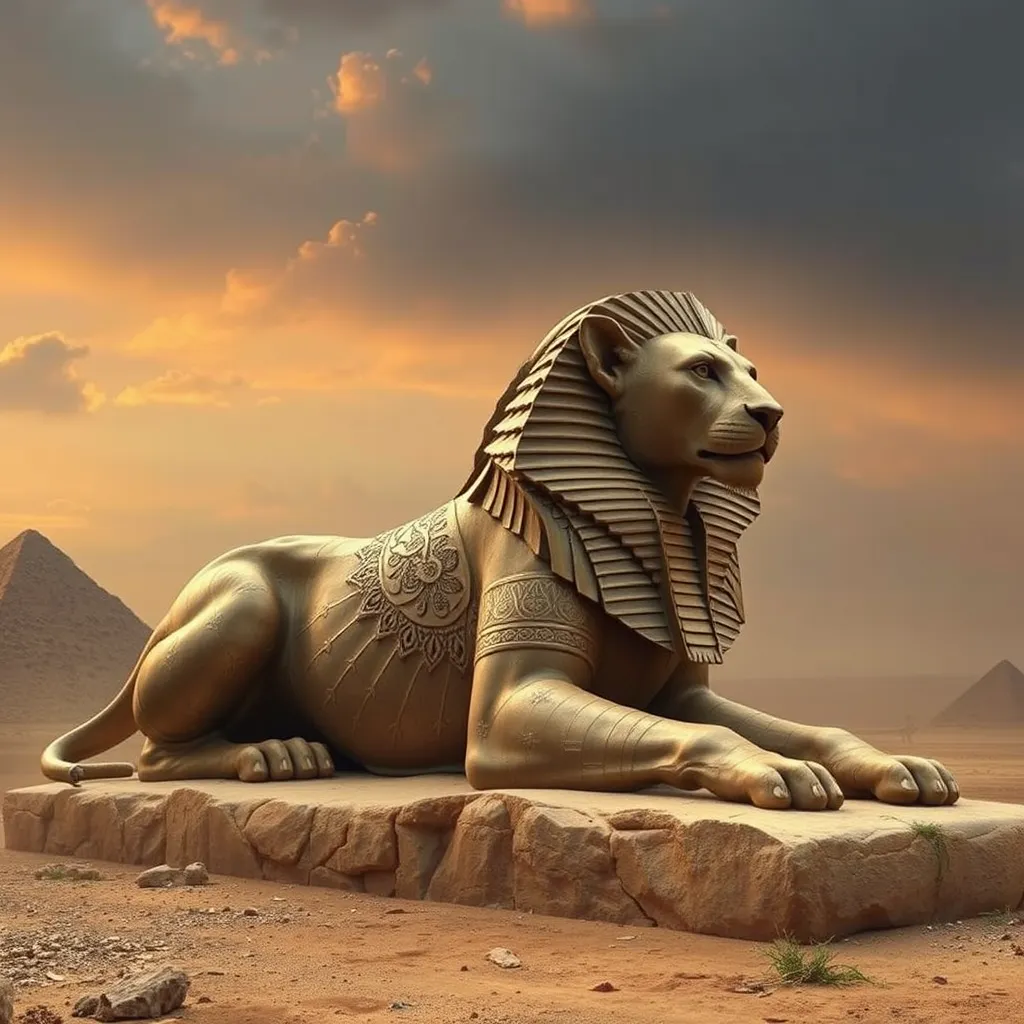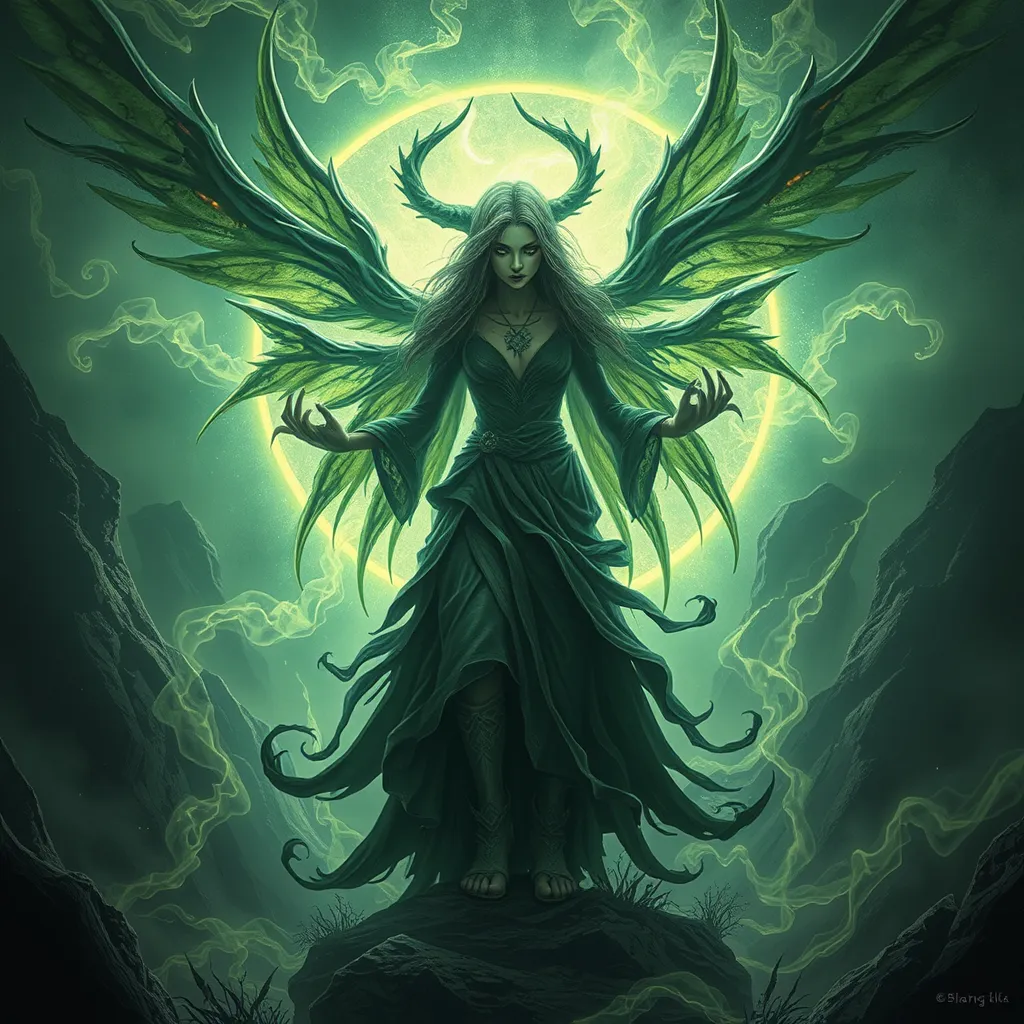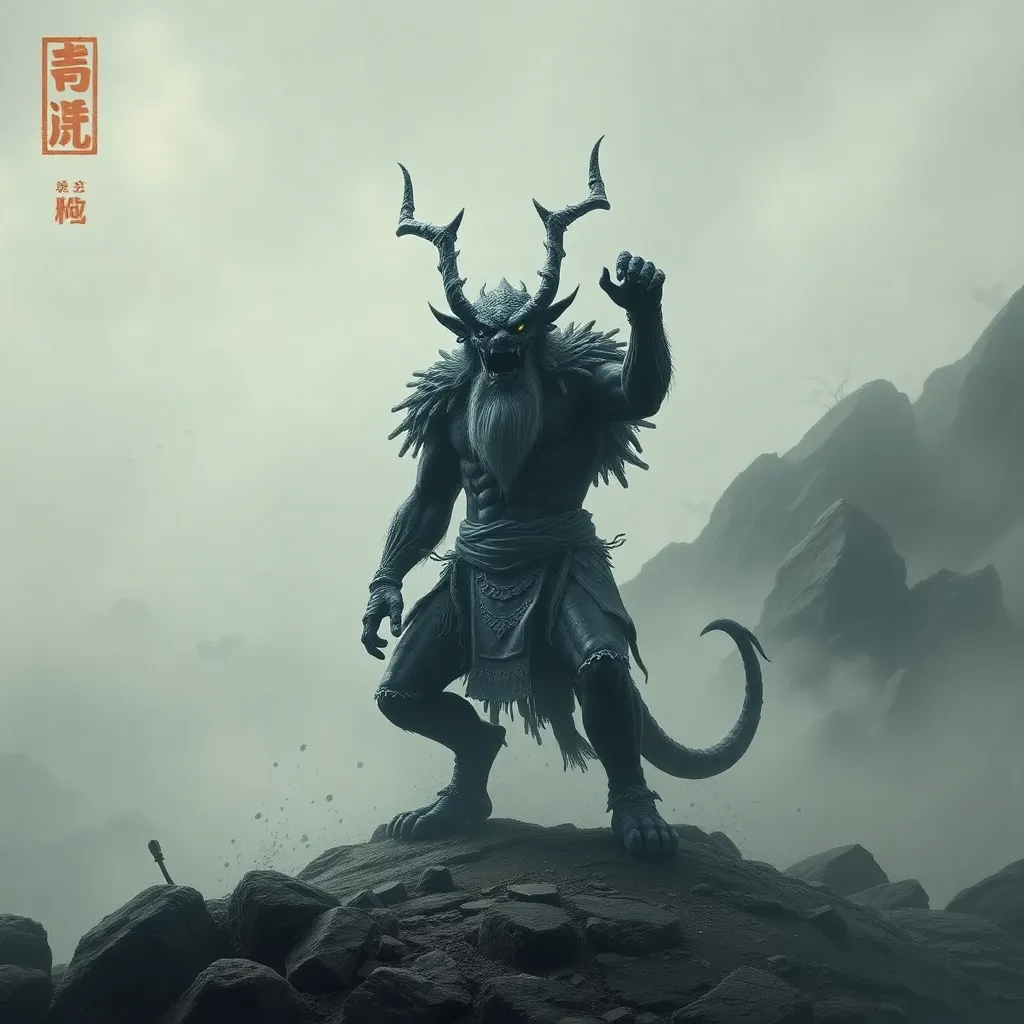The Sphinx in African Mythology: Examining the Lion-Human Hybrid
I. Introduction
The Sphinx is one of the most enigmatic figures in mythology, often depicted as a creature with the body of a lion and the head of a human. This hybrid being embodies a blend of strength and intelligence, serving various symbolic purposes across different cultures. In African folklore, hybrid creatures hold significant meaning, representing the integration of different worlds—human and animal, earthly and divine. This article aims to explore the Sphinx as a prominent symbol in African mythology, examining its historical roots, cultural significance, and enduring legacy.
II. Historical Context of the Sphinx
The origins of the Sphinx can be traced back to ancient Egyptian culture, where it was revered as a guardian of sacred spaces, such as temples and tombs. The Great Sphinx of Giza, one of the most iconic monuments of ancient Egypt, stands as a testament to the civilization’s artistry and spiritual beliefs.
Over time, the concept of the Sphinx evolved across different African societies. In some cultures, it took on various forms and attributes, adapting to local myths and traditions. For instance, in West African mythology, similar hybrid creatures exist, each with unique roles and stories.
When comparing the Sphinx to other hybrid mythological creatures worldwide, such as the Greek Sphinx or the Indian Narasimha, one can observe both similarities and differences in their symbolism and purpose. The Sphinx is not just a guardian but also a creature that poses challenges and riddles, reflecting the complexity of the human experience.
III. Symbolism of the Lion-Human Hybrid
The lion is often seen as a symbol of strength, courage, and royalty in many African cultures. It is a creature that embodies power, commanding respect and reverence. The human aspect of the Sphinx represents intelligence, wisdom, and the capacity for thought and reflection.
This duality of the Sphinx serves multiple purposes:
- Protector: The Sphinx often acts as a guardian, protecting sacred spaces and imparting wisdom to those who seek it.
- Challenger: As a figure that poses riddles, the Sphinx challenges individuals to think critically and confront their own fears and limitations.
Thus, the Sphinx embodies a balance of strength and intellect, making it a powerful symbol in African mythology.
IV. The Sphinx in African Folktales and Legends
Throughout various African tribes, the Sphinx appears in numerous stories and legends, each contributing to its rich tapestry of meaning. Prominent tales often feature the Sphinx as a central character, engaging with heroes and protagonists on their journeys.
Common themes present in these tales include:
- The quest for knowledge and enlightenment
- The importance of bravery and resilience
- The balance between nature and humanity
Moreover, the Sphinx plays a crucial role in teaching cultural values, serving as a reminder of the qualities admired in leaders and community members. These stories are often passed down through generations, reinforcing the significance of the Sphinx in the cultural memory of African societies.
V. The Sphinx and Its Connection to Ancient Egyptian Religion
In ancient Egypt, the Sphinx was not merely a creature of folklore but a significant figure in religious practices. It was often viewed as a guardian of sacred spaces, such as temples and burial sites, where it stood watch over the deceased and the divine.
The relationship between the Sphinx and deities in Egyptian mythology is profound. The Sphinx was associated with the sun god Ra, symbolizing the connection between the earthly realm and the divine. Rituals involving the Sphinx were commonplace, as priests and worshippers engaged in practices meant to honor and appease the gods.
These rituals often included offerings, prayers, and the recitation of hymns, all aimed at invoking the protective powers of the Sphinx and ensuring the favor of the deities.
VI. Artistic Representations of the Sphinx
The Sphinx has been a popular subject in various forms of art throughout history. From ancient sculptures to modern paintings, artists have sought to capture its enigmatic essence. In ancient Egypt, the Sphinx was often carved from limestone, with intricate details that showcased its grandeur.
In contemporary African art, the Sphinx continues to inspire artists, who interpret its symbolism in diverse ways. Some modern representations focus on the Sphinx as a cultural icon, exploring themes of identity, heritage, and resilience.
Through these artistic expressions, the Sphinx remains a powerful symbol of African culture, evoking a sense of pride and historical significance.
VII. The Sphinx in Modern African Identity and Tourism
The Sphinx has had a profound impact on national identity, particularly in Egypt, where it is regarded as a symbol of cultural heritage and historical legacy. Beyond Egypt, the Sphinx has become a recognizable figure across Africa, contributing to a broader understanding of African mythology and history.
Tourism plays a significant role in the economic implications of the Sphinx. The Great Sphinx of Giza attracts millions of visitors each year, generating revenue for the local economy and promoting awareness of ancient Egyptian civilization. However, this influx of tourism also presents challenges, as preservation efforts must balance the needs of visitors with the integrity of the monuments.
VIII. Conclusion
In conclusion, the Sphinx holds a significant place in African mythology, representing a blend of strength and intelligence. Its historical roots, cultural symbolism, and artistic representations reveal the depth of its meaning across different societies. The enduring legacy of the Sphinx serves as a reminder of the richness of African mythological narratives, encouraging us to appreciate and explore the stories that have shaped the continent’s cultural identity.



